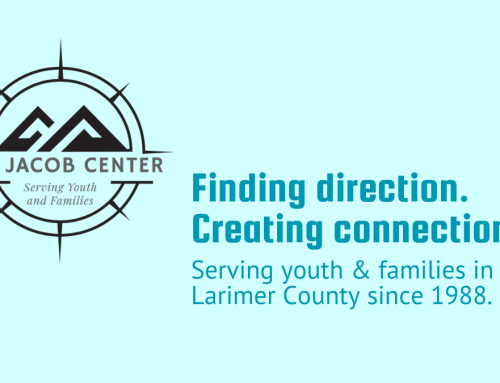Being a young adult can be an anxiety-ridden, scary place to be!
Who am I? What makes a good friend and how can I even find them? Why does my professor care so much about the proper use of semi-colons? Grocery shopping, plumbing issues, bills…etc…etc. You get the message…All of these new responsibilities and freedoms can have the most stable and levelheaded person spinning. Here are some tips and tricks to keep in mind if you’re finding yourself overwhelmed and lost.
1. Remember- you’re not alone. My best friend and I met 10 years ago, in college. I was walking across campus in the rain and she pulled over, said “Hey, I’m going to the mall! Want to join?”
Friends ever since. So is the message here to get into stranger’s cars when being rained upon (or conversely invite strangers into your car)? No, for the love of gosh, please don’t do that.
However, you never know what could happen if you try to make a friend by asking someone to have coffee or play scrabble in the library.
2. It is okay to ask for help when there’s a task you don’t know how to do. Google and Youtube tutorials can be a great resource, but so can Great Aunt Martha once removed from your
mother’s side. People tend to love sharing what they know and what better way to do that than by responding to a younger relative with questions. If you don’t have a Great Aunt Martha, try a
neighbor, cousin, neighbor’s cousin, or anyone you think might have the answer!
3. If you’re struggling with a class, professors often have office hours, and school libraries often have tutoring available. In addition to this, your instructor might teach this course to two or
more sets of classes! Try asking if you can attend the second section as well. I attended my college algebra’s other instructional session when I couldn’t understand the material well
enough the first time around.
4. Two words: POWER-HOUR. Come to understand the hours in the day you are most productive and use that time to get done the activities that require the most brain power. For me, this is
right when I wake up, usually around 6:30AM. By the time 3pm rolls around, I’m ready to settle down. Some people have their power-hour in the afternoon or evening. Whatever works for
you, just use it wisely and use it well.
5. Finding your circadian rhythm: One of the coolest things about choosing your own schedule means picking the times of day for your classes, work, and other activities you’d like to do.
Experiment with waking early and going to sleep early vs waking late and going to sleep late. What works best for you? How can you manage on fitting in all of the important things in your
life, while making adequate time for socializing, rest, and sleep. Just a heads-up- Sleep is the time in which the brain gets rid of discard and also when it processes important information;
studies show that having proper REM sleep after learning is a big help in actually retaining that information.
6. Try new things: Take exercise classes at the gym, play on an intermural sports team, join a student union club, volunteer, hike, ski, take up gardening, baking, or cooking. Finding ways to
stay active, make friends, and find joy and a sense of wonder in the world all feed into the body’s social engagement system (SES) are all stress-reducers!



